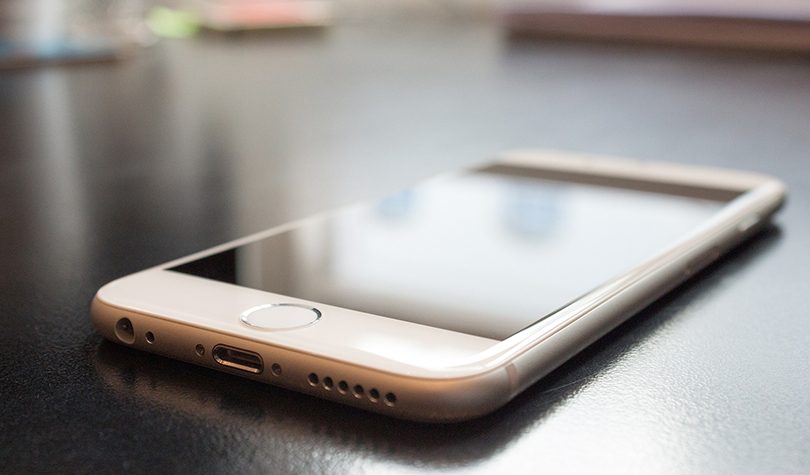Chances are you are reading this story on your mobile device and you are probably going to look at your smartphone 46 more times today.
Using mobile devices has become an important part of our lives in the past decade, but overuse can lead to smartphone addiction – a problem that greatly affects kids and their families.
“There are definitely a lot of issues around smartphone use and kids that present in both the office and in the emergency room,” said Dr. Dale Peeples, an associate professor of pediatric psychiatry at the Medical College of Georgia. “Frequently, overuse leads to family conflicts that can result in violence or threats of self-harm in extreme cases. Overuse often leads to disrupted sleep. Research also suggests a link to depression. Clinically, depression is often multifactorial, but overuse [of smartphones] can be part of the picture.”
App developers and tech companies have created apps to tackle the problem and have developed features to assist parents in better managing their kids’ screen time.
Apple is the latest company to join the fight against smartphone addiction. Some of the tools the company is introducing to its devices include:
- An improved “Do Not Disturb” feature that allows users to turn off notifications for a certain time of day or a specific location;
- A smarter Siri that allows people to manage their app notifications (turn them off or deliver them quietly) based on their interaction with those notifications;
- An “App Limits” feature that allows parents to see how much time their kids spend on different apps and websites and setting a time limit for usage.
“Anything that makes parents more aware of the issue is a good thing, and Apple is offering some tools that will be helpful to families,” Peeples said. “In many families the parents are less tech savvy than the kids, making it difficult to set enforceable limits on electronics use. Apple is taking steps to make it easier for families to limit the amount of time kids spend on devices, and what time of day (or night) they are using devices. It’s definitely a move in the right direction.”
With 92 percent of teenagers saying they go online every day, parents may have to step in to prevent their kids from becoming addicted to their smartphones.
“The earlier families think about these pitfalls and can plan on proper electronics use, the easier it will be for them to set appropriate limits in the future,” Peeples said.
Peeples says things parents can do to manage their kids’ smartphone usage include:
- Have times when no one in the family is using electronics (e.g. dinner);
- Avoid using electronics as a way to calm down and sooth an upset child;
- Have good oversight of electronics early on, so as children become teens, they are used to parental monitoring and understand this is a privilege, not a right;
- Try to keep electronics out of the bedroom to avoid sleep disruption;
- And talk to kids about what they are doing online, what apps they use and whom they talk to.
 Augusta University
Augusta University





